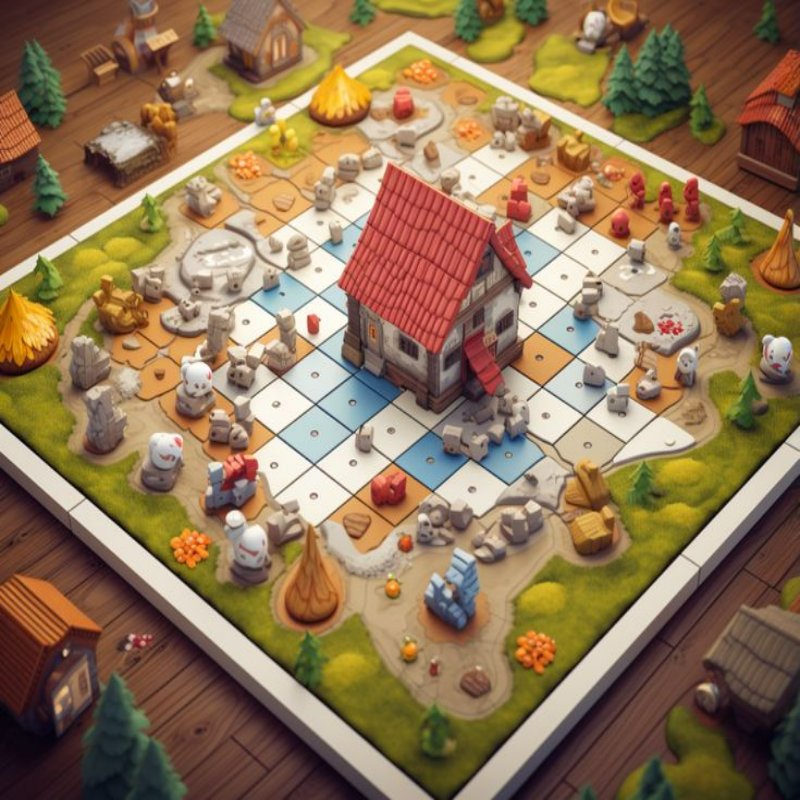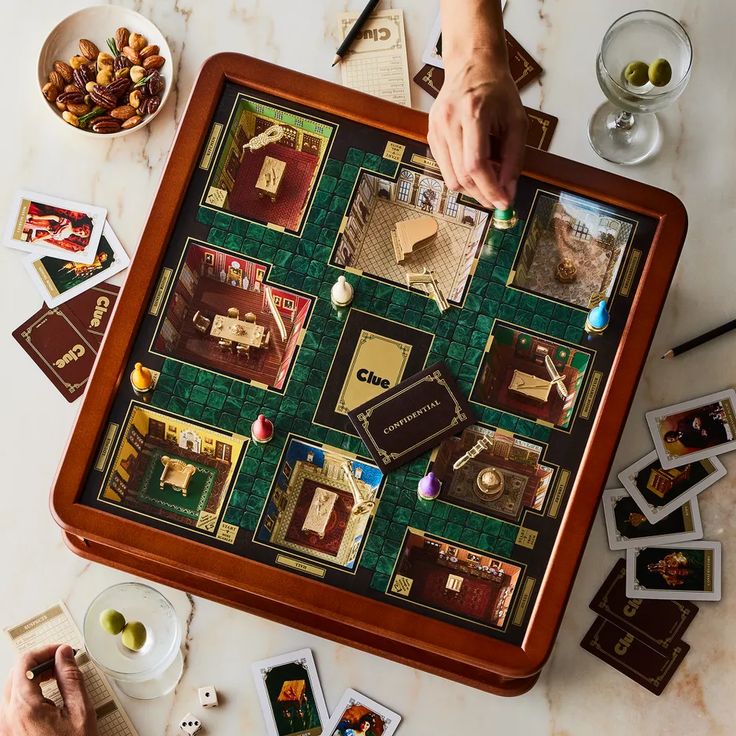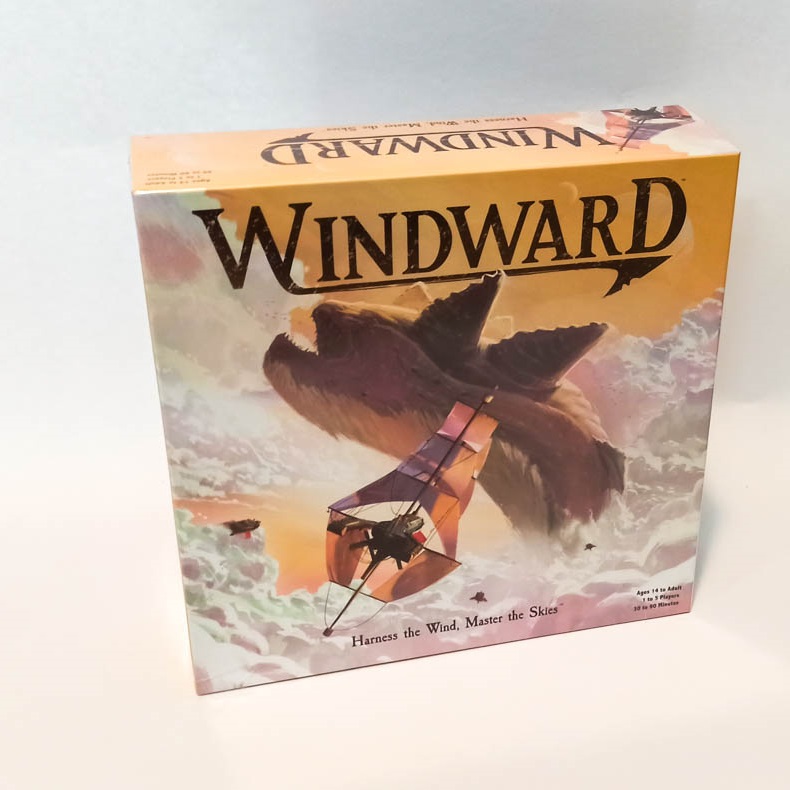Board games have been a source of entertainment and bonding for centuries. From family gatherings to game nights with friends, these tabletop experiences not only stimulate our minds but also foster relationships. As we delve into the world of board gaming, the pressing question arises: what is the most popular board game in the world? The answer may surprise you as we explore the metrics that contribute to a game’s popularity, the impact of cultural significance, and delve into the current frontrunners in the board game arena.
The Metrics of Popularity: How Do We Measure Board Game Status?
Before determining the most popular board game in the world, it’s essential to establish the criteria we use to assess popularity. While sales figures and market presence play a significant role, popularity can also be gauged through cultural impact, longevity, and community engagement. A board game’s sales history is often the first metric that enthusiasts consider. Games that have sold millions of copies are usually at the forefront of the conversation. However, it’s vital to acknowledge that not every popular board game turns into a classic.
Cultural significance is another crucial aspect of popularity. The more a board game integrates itself into society, the more likely it is to be labeled as popular. Games that have transcended generations, capturing the hearts of players young and old, demonstrate a remarkable longevity that only adds to their clout. Similarly, community engagement—evident through online forums, social media discussions, and organized tournaments—represents a vibrant and active player base that supports a game long after its initial launch.
With these metrics in mind, let’s dive deeper into the realm of board games, exploring several candidates before arriving at the undisputed champion of popularity.

The Icons of Board Gaming: Classic Titles that Shaped the Industry
When discussing board games, several iconic titles come to mind. These classics have laid the groundwork for modern gaming and continue to be beloved by fans worldwide. One game that consistently ranks among the most popular is Monopoly. Launched during the Great Depression, Monopoly has sold more than 275 million copies, making it one of the top-selling board games of all time. Its themes of property trading and financial management resonate with players, offering a blend of strategy and luck that appeals to a wide audience.
Another heavy hitter is Chess, a game rich in history and strategy. Dating back over a millennium, Chess is characterized by its complex mechanics and deep tactical gameplay. With an estimated 600 million players worldwide, Chess has transcended cultures, playing a pivotal role in shaping strategic games across the globe. Its enduring popularity can be attributed to its cerebral nature, making it the go-to choice for players who enjoy deep thinking and planning.
Then there’s Scrabble, which combines language skills with strategy. Invented in the 1930s, Scrabble has captivated dictionary-loving enthusiasts, with millions of players forming word lists of varying skill levels. Despite its seemingly simple premise, the game offers profound depth, and organized competitions have elevated its status, attracting both casual players and serious linguists alike.
The Emergence of Modern Board Games: Understanding New Trends
In the past couple of decades, there’s been a surge in the popularity of modern board games, thanks mainly to the advent of the internet and the increasing interest in tabletop gaming culture. This era has introduced a diverse range of gaming styles that cater to various audiences, from casual to hardcore gamers. Utilizing sophisticated themes and innovative mechanics, games like Settlers of Catan, Ticket to Ride, and Carcassonne have gained major traction.
Among these newer entries, Catan is particularly noteworthy. Released in 1995, this resource management game has received critical acclaim and boasts an extensive fan base. Players strategize to build settlements and trade resources, leading to a highly interactive and dynamic gameplay experience. The game’s blend of strategy, negotiation, and chance has cemented Catan’s status as a modern classic, with over 30 million copies sold worldwide.
Ticket to Ride, another modern favorite, simplifies gameplay while maintaining exciting strategy elements. Players collect cards to claim railway routes across the globe, creating a competitive and thematic experience. Thanks to its straightforward mechanics and family-friendly appeal, Ticket to Ride has won multiple awards and introduced countless families to the joys of board gaming.

The Digital Age: How Online Gaming is Shaping Board Game Popularity
The advent of technology has transformed the board gaming landscape. As players seek to connect in an increasingly digital world, many beloved titles have made the transition from physical boards to virtual platforms. This shift has elevated certain games while pushing others into obscurity. Tabletop Simulator and apps like Board Game Arena have allowed classic and modern board games to reach new audiences, enabling players worldwide to engage in gaming experiences from the comfort of their homes.
With the growing popularity of online board gaming, competitions and communities have flourished. Online tournaments, streaming, and social media groups have become breeding grounds for connection and discussion. Particularly in light of the COVID-19 pandemic, many have turned to these platforms to engage with board games, revitalizing interest in classic titles and introducing new players to hidden gems. Games that have successfully made this transition tend to enjoy a renewed popularity, extending their reach beyond traditional board game nights.
The Cultural Phenomenon: The Impact of Board Games on Society
Board games act as more than just entertainment; they can influence societal trends and encourage interactions among diverse groups. Games like Pandemic, which require players to work collaboratively against a global crisis, resonate with contemporary concerns, illustrating the power of board gaming as a tool for social connection and communication. Players are not merely opponents but partners working toward a common goal, fostering support and camaraderie.
Moreover, board games can be utilized to impart lessons and teach valuable skills such as critical thinking, problem-solving, and teamwork. Educational board games, including Brainiac, have seen a rise in popularity within classroom settings. Teachers often employ these engaging tools to present complex subjects in an accessible manner, making learning more enjoyable for students.
Additionally, the advent of thematic and narrative-driven games serves to create immersive experiences that plunge players into rich storytelling landscapes. Games like Gloomhaven and Dungeons & Dragons have transformed the mindsets of players, blurring the lines between gaming, storytelling, and social interaction. Such innovative approaches not only make the genre more appealing but also instill a sense of nostalgia and community that is vital in today’s fast-paced world.

The Title Contender: Determining the Most Popular Board Game
After evaluating traditional and modern board games, a clear frontrunner emerges—the classic yet ever-relevant Monopoly. While the title has faced criticism for its simplistic mechanics and lengthy gameplay, its cultural impact cannot be overstated. Monopoly captures the essence of competition, strategy, and social interaction, making it a quintessential component of board gaming history.
The enduring appeal of Monopoly lies in its familiar theme and adaptability. Beyond sales figures, Monopoly has become a household name synonymous with board gaming—an aspect that speaks volumes about its position within popular culture.
However, in the spirit of contemporary shifts in gaming tastes, it’s important to acknowledge titles like Settlers of Catan and Ticket to Ride, which may be eclipsing Monopoly in specific demographics. Appreciated for their modern mechanics and strategic depth, these games attract a range of players and maintain their popularity, particularly among younger audiences and casual gamers.
The Future of Board Gaming: Trends on the Horizon
The world of board games is ever-evolving, and the future promises exciting developments. We can anticipate a continual increase in diversity among board games, accommodating a wider range of interests, communities, and preferences. The introduction of cooperative games and narrative-driven experiences is likely to skyrocket, as players seek deeper engagement and meaningful gameplay experiences.
Furthermore, the ongoing integration of technology—such as augmented reality and mobile apps—will enhance traditional board gaming experiences. Innovative features will augment gameplay, leading to extraordinary narratives and immersive experiences that captivate players of all ages.
Finally, the rise of independent and small publishing houses marks an exciting period for board games. These creators often take risks with unique designs and themes, giving rise to a multitude of innovative and unconventional ideas. As players become more curious and adventurous, they seek out fresh experiences beyond the ubiquitous classics, paving the way for a vibrant and flourishing landscape.
Conclusion: Enjoying the Journey of Board Gaming
When discussing the most popular board game in the world, it’s clear that both tradition and innovation shape the landscape. Monopoly remains a steadfast icon, but contemporary titles like Catan and Ticket to Ride continue to challenge its throne. The board game community thrives on creativity and connection, with players keen to explore new titles and share their experiences.
Ultimately, the beauty of board games lies in their ability to bring people together. Whether you’re strategizing over classic Monopoly or embarking on grand adventures in modern tabletop games, the joy of gaming resonates deeply across cultures and generations. As we look to the future, we can only imagine how this beloved pastime will continue to adapt and thrive, drawing in new players and keeping the flame alive for generations to come. So, gather your friends, roll the dice, and let the world of board games unfold before you!